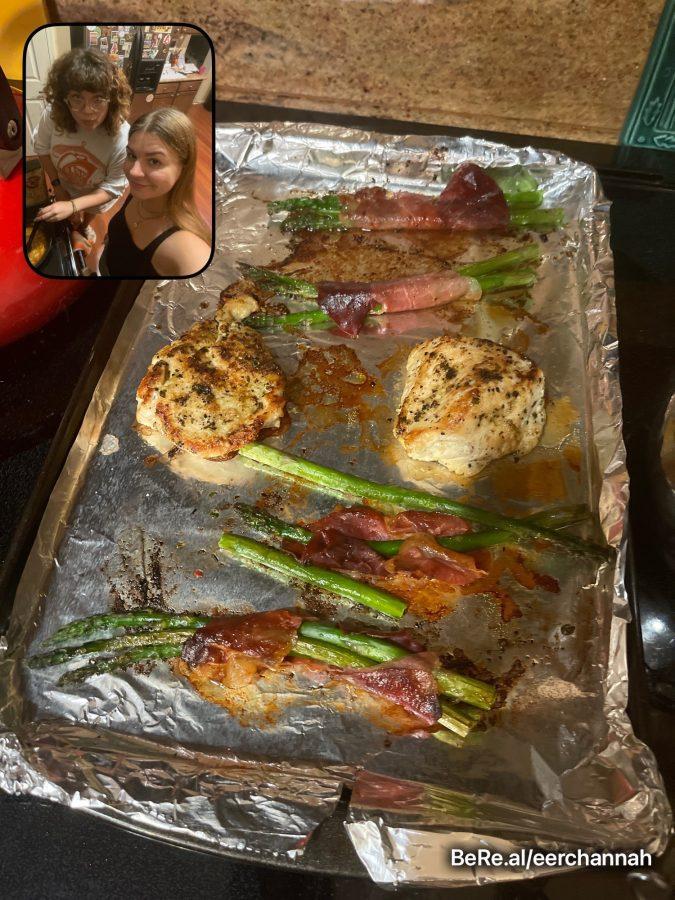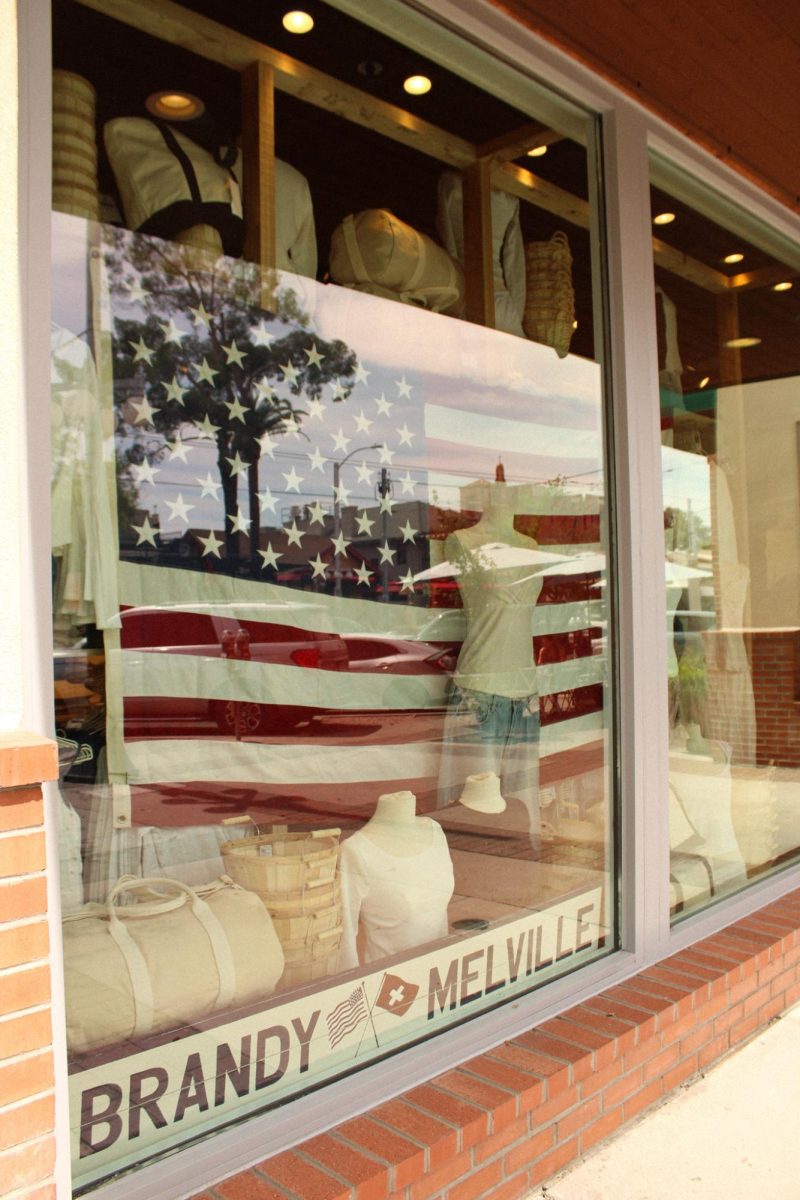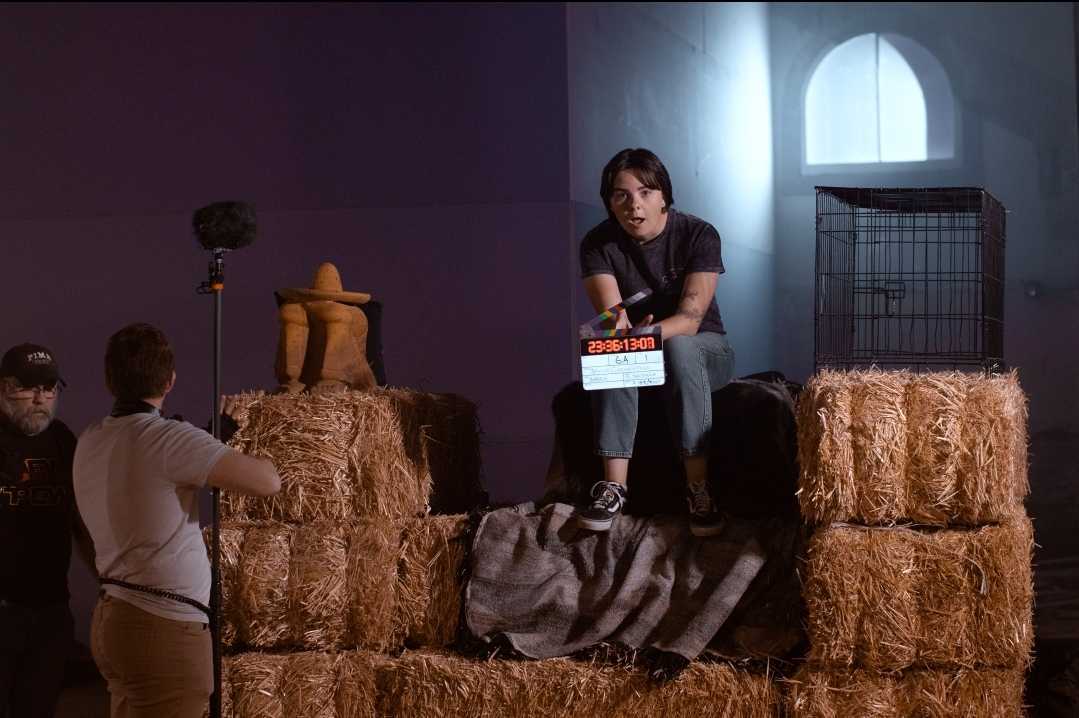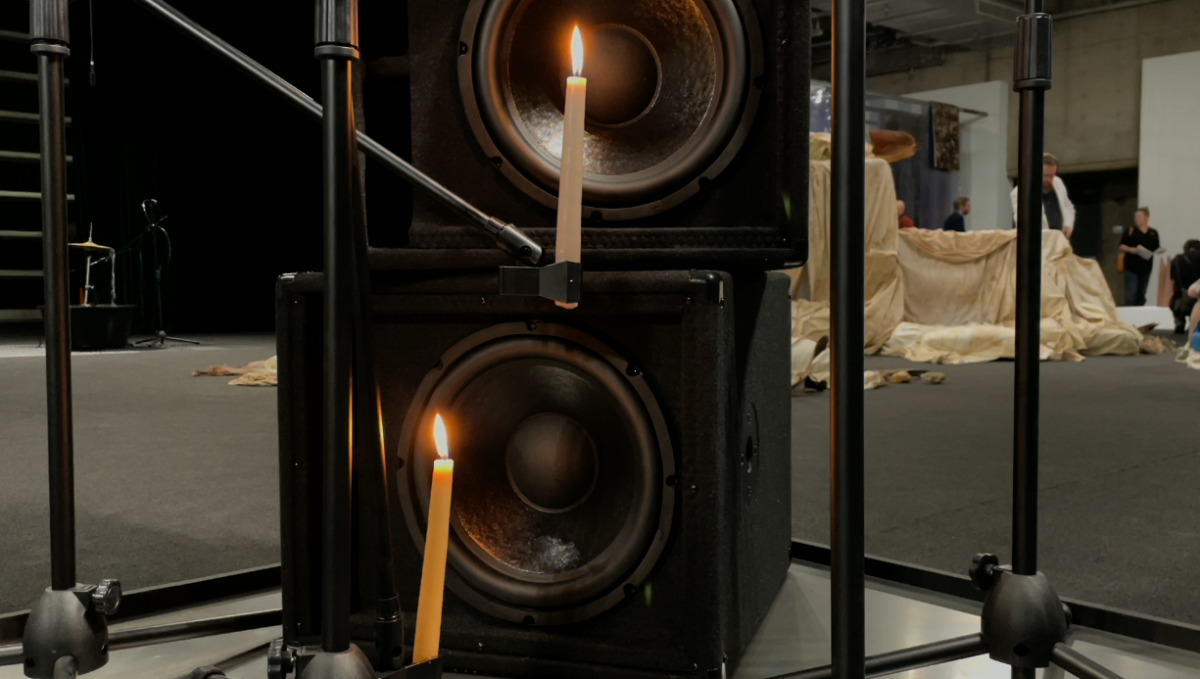Jia Coffou was one of thousands of young adults that heard the question in June:
“Do you have BeReal?”
“My friend literally forced me to download it,” she said.
At first, Coffou didn’t understand the point of the app, but she now uses it regularly.
BeReal is a new photo-sharing app that capitalizes on the trend of “casual” social media.
Once a day, users get a “time sensitive” push notification telling them “It’s Time to BeReal.” After that, they have two minutes to open the app and snap a photo. The app takes a photo with both the front and back camera of whatever the user is doing: lying in bed, using the bathroom, skydiving, etc.
The app is uncontrollable. You can post late, but it tells your followers just how late. It’s also completely transparent — all your friends can see how many times you retook the picture.
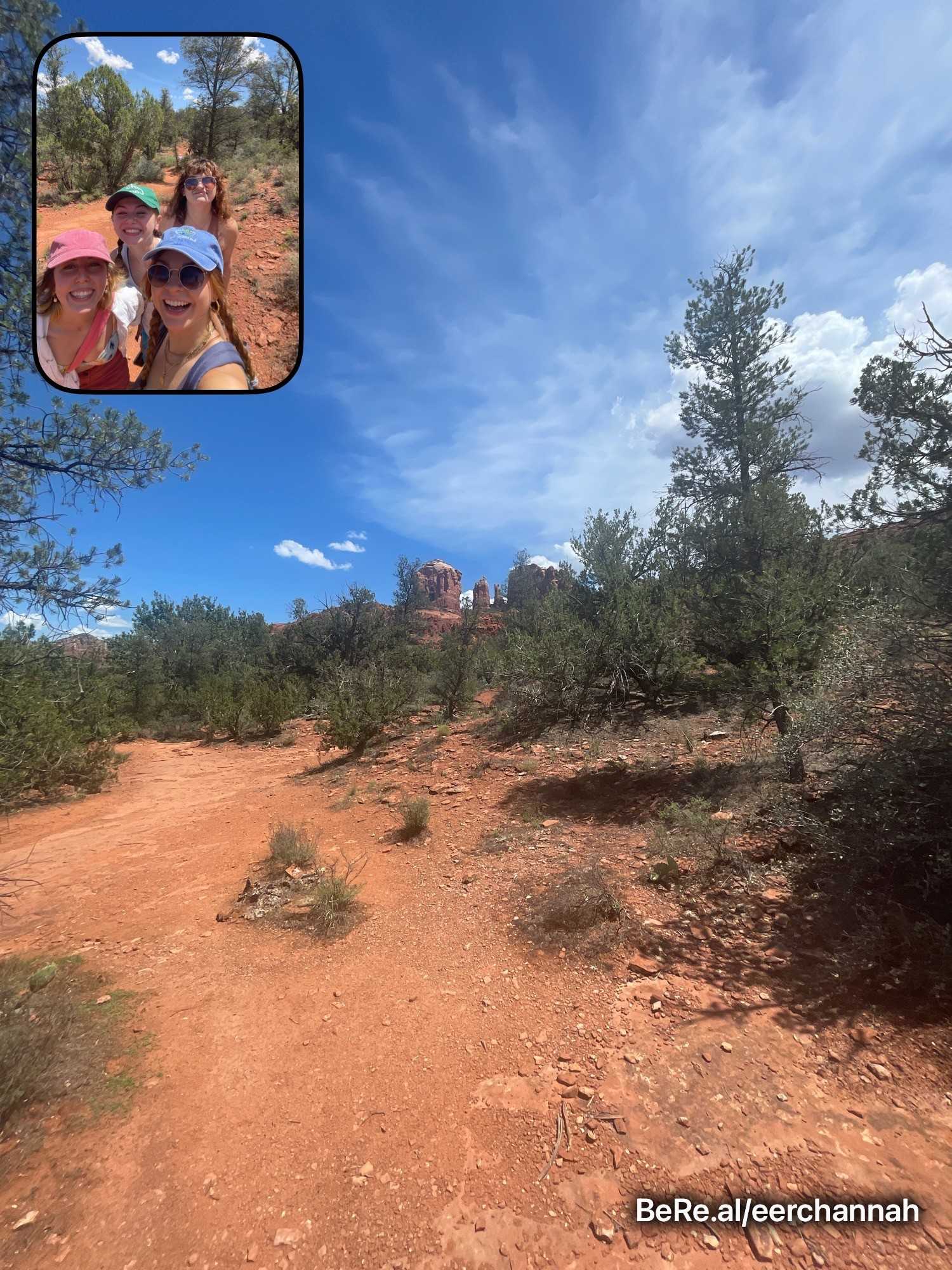
Users can comment or react to photos with customized emojis that BeReal calls RealMoji. Another option is the Instant RealMoji, which captures a real-time shot of your face and places it at the bottom of the BeReal in a tiny circle.
In June, the app gained 2.37 million downloads, landing it only two places behind Instagram on Statistica’s top 10 non-gaming iPhone apps for the month. As of early August, the app had 73.5 million active users, according to Business of Apps, which tracks apps.
The company is outspoken about the desire to be different from influencer culture. A press release described the platform as “a place where real life is captured, free from the need to create, cultivate and amass influence.”
Yotam Shmargad, assistant professor at the University of Arizona’s School of Government and Public Policy, said that BeReal could indicate a new model in developing social platforms that he calls “attention aware.”
“BeReal and social games like Wordle use scarcity as a selling point,” Shmargad said. “It’s something that occupies a very finite part of your day. It’s habit forming, but it has safeguards against spending too much time with the app.”
The feed is short — unlike Instagram’s recommended posts or TikTok’s endless For You page, you can’t continuously scroll on BeReal. The number of posts on your feed is limited to however many friends you have added, and you can only post once a day.
The rise of limited attention apps like BeReal comes after two years of COVID-19 life, which has left many experiencing social media fatigue.
According to Shmargad, being online is “no longer something that you do, but something that you are.”
“That may be one of the reasons that people like BeReal so much, that it’s not trying to suck up all of your life into the internet,” he said.
However, experts like Shmargad are raising questions about authenticity as a marketing strategy.
“As soon as there is any grassroots notion of being authentic and being your true self, mass marketing will take that on,” he said.
BeReal’s limited amount of content also doesn’t seem compatible with legacy social media’s revenue model that relies on consistent scrolling for ad exposure.
Users like Coffou say that not everyone plays along with the “unfiltered” aspect of BeReal.
“Some people intentionally wait to post their BeReal until they are out or doing something fun,” she said.
BeReal hasn’t been monetized yet, so it’s hard to determine long-term goals for the company, according to Shmargad. As for the question of whether social media might be shifting towards a more attention-aware model, he says it’s too soon to say.
Although a 2022 Pew Research Study found that Facebook use had plummeted 39% among teens since 2015, Instagram still remains steadily popular, with 62% of the age group saying they use it.
For now, BeReal serves as an accompaniment to legacy social media.
“I feel like people aren’t going to give up Instagram,” Coffou said. “I see it as sort of an outlet, like ‘hey I have Instagram, but I also want you to see me in a more casual light.’”
BeReal is available to download on Android and Apple devices.
*El Inde Arizona is a news service of the University of Arizona School of Journalism.



